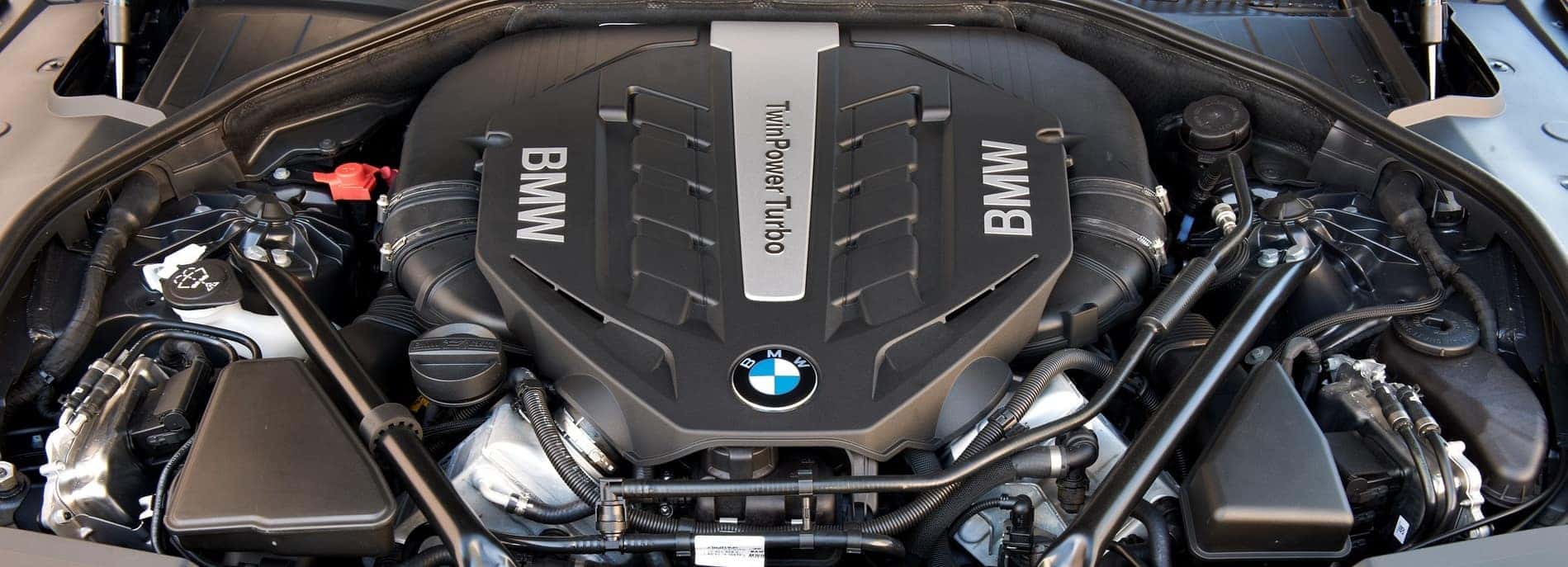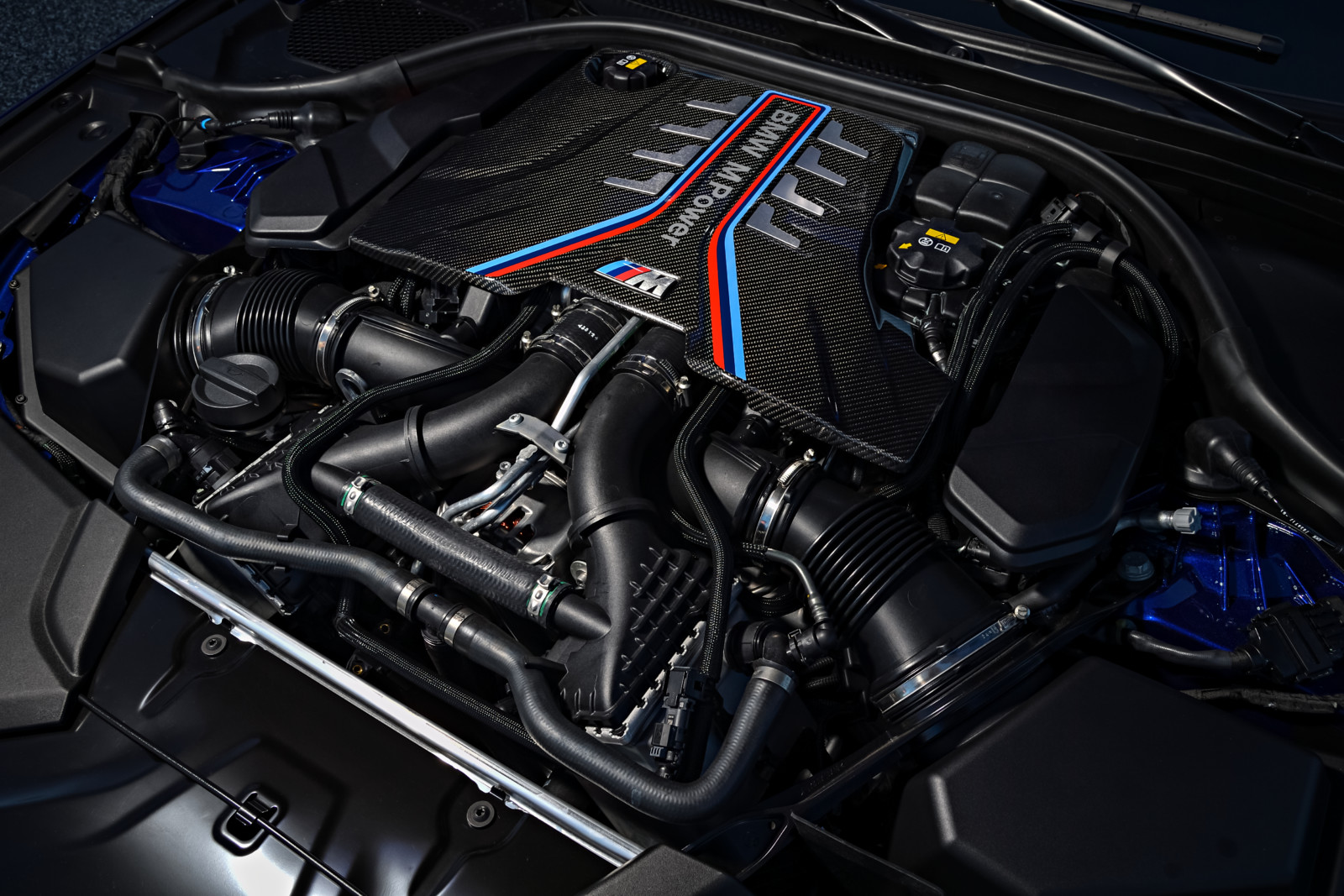Introducing the Intricacies of Next-Generation Power Units: a Deep Study Advanced Engine Developments and designs
As we stand on the precipice of a new period in transport, the intricacies of next-generation engine layouts beckon us to discover the advanced modern technologies and advancements that promise to redefine the driving experience. Digging much deeper into the worlds of emission control, smart engine management systems, and the horizon of power device development, we discover ourselves on the cusp of a transformation that guarantees to reshape the landscape of wheelchair as we know it.
Advancement of Engine Materials

The shift towards advanced engine materials has additionally made it possible for engineers to develop engines with higher power outcomes while keeping gas efficiency standards. The usage of lightweight products lowers the overall weight of the engine, leading to boosted fuel economic situation and reduced exhausts. Additionally, innovations in products technology have permitted better thermal management within engines, resulting in enhanced dependability and durability.
Turbocharging and Supercharging Technologies
How do Turbocharging and Supercharging Technologies revolutionize engine performance and performance in contemporary automobiles? Turbocharging and supercharging are technologies that dramatically boost engine efficiency by boosting the amount of air consumption into the combustion chamber. Turbocharging attains this by using a wind turbine driven by exhaust gases to pressurize the consumption air, while turbo charging uses a belt- or chain-driven compressor to attain the same result.
These modern technologies enable smaller, extra fuel-efficient engines to generate power equivalent to larger ones, referred to as downsizing. Forcibly more air into the cyndrical tubes, turbo charging and turbocharging improve combustion effectiveness, resulting in increased horsepower and torque output without a substantial increase in engine dimension. This leads to much better velocity, hauling ability, and overall driving performance.
In addition, turbo charging and turbocharging add to enhanced gas efficiency by enabling the usage of smaller sized engines that consume less gas under normal driving conditions - bmw engine. This mix of boosted performance and performance has made turbocharging and turbo charging integral elements of several contemporary engine layouts
Emission Control and Environmental Influence
With increasing international concerns pertaining to air quality and ecological sustainability, the execution of discharge control technologies in cars plays a vital role in reducing dangerous pollutants launched right into the environment. Modern lorries are furnished with sophisticated discharge control systems that aid decrease the environmental impact of automotive operations. Catalytic converters, as an example, are designed to convert hazardous gases such as carbon monoxide gas, nitrogen oxides, and hydrocarbons into less damaging materials like carbon dioxide and water vapor.
Moreover, advancements in engine innovation, such as the assimilation of exhaust gas recirculation systems and careful catalytic decrease, have substantially added to lowering exhausts. These innovations operate in tandem to maximize burning efficiency and decrease the release of harmful contaminants view right into the air. In addition, the growth of crossbreed and electrical lorries represents an essential action towards minimizing the general environmental impact of the transport industry.
Intelligent Engine Monitoring Equipment

Additionally, these systems make it possible for automobiles to fulfill strict emissions standards without compromising efficiency, supplying a much more eco-friendly driving experience. The combination of synthetic knowledge and maker knowing capacities in engine administration systems continues to press the boundaries of what is feasible, leading to more enhancements in effectiveness, reliability, and overall lorry efficiency. bmw engine. As automotive innovation advances, smart engine monitoring systems will certainly play a crucial function fit the future of transport in the direction of a more effective and lasting instructions
Future Trends in Power Unit Advancement
As smart engine management systems lead the way for improved control and optimization in modern lorries, future trends in power device growth are positioned to redefine the landscape of automobile propulsion modern technologies. Among the key patterns driving advancement in power device development is the shift towards electrification. With a boosting emphasis on sustainability and reducing carbon emissions, hybrid and electric powertrains are ending up being a lot more common in the vehicle sector. These different power resources offer improved efficiency and efficiency while straightening with stringent environmental regulations.
Another substantial trend is the assimilation of innovative materials and manufacturing methods. Light-weight products such as carbon fiber and light weight aluminum are being used to decrease overall lorry weight, boosting gas effectiveness and performance. Additionally, advancements in 3D printing and additive production are making it possible for the production of complex engine parts with greater accuracy and resilience.
In addition, man-made intelligence and artificial intelligence are playing a critical role in maximizing power system performance. These modern technologies enable real-time surveillance and adaptive control, bring about a lot more efficient and reliable check here power distribution. In general, future fads in power unit growth are geared towards performance, sustainability, and effectiveness, driving the automobile sector towards a new period of propulsion technologies.

Final Thought
To conclude, the innovations in engine materials, turbocharging, emission control, and intelligent management systems have led the means for next-generation power systems. These technologies have not only better performance and effectiveness but likewise lowered environmental influence. As innovation remains to evolve, future patterns in power device development are most likely to concentrate on further boosting sustainability and optimizing power outcome. The detailed designs and advancements in modern engines showcase the continuous advancement of automobile modern technology.
Checking out the progressive innovations in engine products has actually been crucial in improving the performance and effectiveness of contemporary engines. Over the years, the advancement of engine materials has played a critical role in pressing the borders of what engines can accomplish.The shift in the direction of progressed engine products has likewise made it possible for engineers to design engines with higher power outputs while keeping gas effectiveness standards.The execution of smart engine monitoring systems in modern vehicles has revolutionized the method engines are controlled and maximized for efficiency and performance. By gathering data in real-time and analyzing it with innovative algorithms, intelligent engine monitoring systems can adapt to driving styles, ecological factors, and engine wellness to maximize power outcome while minimizing fuel usage and exhausts.
Comments on “A Beginner's Guide to Choosing the Right BMW Engine for Your Needs”